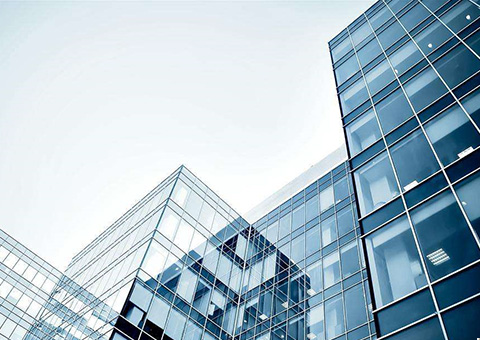The Practicality of Aluminum in Exterior Wall Decorative Panels

Aluminum, with its exceptional properties, stands out as a versatile and practical material for exterior wall decorative panels in construction. Its unique characteristics contribute to both aesthetic appeal and functional performance, making it a preferred choice for modern architectural designs.
1. Lightweight Advantage: Aluminum's remarkable lightweight nature is a key advantage in the construction of exterior wall panels. This quality eases the installation process and reduces the overall load on the building structure. It allows for efficient handling during construction while ensuring structural integrity.
2. Durability and Corrosion Resistance: Aluminum's innate resistance to corrosion makes it particularly suitable for exterior applications. The material withstands harsh weather conditions, UV exposure, and pollutants, ensuring that the decorative panels maintain their appearance over an extended period. This durability minimizes maintenance requirements and enhances the longevity of the building facade.
3. Design Flexibility: Aluminum offers architects and designers unparalleled design flexibility. Through various surface treatments and finishes, such as anodizing, powder coating, or painting, a wide range of colors, textures, and patterns can be achieved. This adaptability allows for the creation of unique and visually appealing facades, contributing to the overall aesthetic of the building.
4. Sustainable and Recyclable: Sustainability is a key consideration in modern construction, and aluminum aligns with these principles. The material is fully recyclable without compromising its quality. Choosing aluminum for exterior wall panels supports eco-friendly building practices, reducing the environmental impact associated with construction materials.
5. Easy Maintenance: The low maintenance requirements of aluminum exterior panels make them an attractive option for building owners. Aluminum does not corrode or rust, and it is resistant to fading, reducing the need for frequent repairs or replacements. A simple cleaning routine is often sufficient to maintain the panels' appearance.
6. Thermal Performance: Aluminum's thermal conductivity allows for effective temperature regulation. When used in conjunction with proper insulation, aluminum panels contribute to the building's energy efficiency. This thermal performance helps create a comfortable indoor environment and may contribute to energy savings over time.
In conclusion, the practicality of aluminum in exterior wall decorative panels lies in its lightweight nature, durability, design flexibility, sustainability, ease of maintenance, and thermal performance. As a material that seamlessly blends form and function, aluminum continues to play a pivotal role in shaping the aesthetics and performance of contemporary building exteriors.
Recommend
Aluminum Products in Interior Decoration: A Versatile Choice
Aluminum, known for its versatility and modern aesthetic appeal, has become a popular material in interior decoration.
The Practicality of Aluminum in Exterior Wall Decorative Panels
Aluminum, with its exceptional properties, stands out as a versatile and practical material for exterior wall decorative panels in construction.
The Application of Aluminum in Housing Construction
Aluminum has various applications in the construction of buildings, making it an ideal material due to its lightweight, corrosion resistance, and recyclability.


